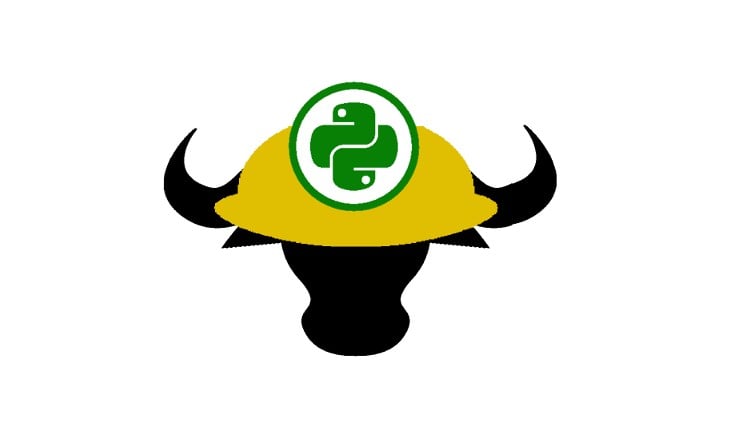
Testing and interacting with free & open operating systems using Python3
⏱️ Length: 4.4 total hours
⭐ 3.96/5 rating
👥 13,664 students
🔄 April 2020 update
Add-On Information:
Note➛ Make sure your 𝐔𝐝𝐞𝐦𝐲 cart has only this course you're going to enroll it now, Remove all other courses from the 𝐔𝐝𝐞𝐦𝐲 cart before Enrolling!
- Integrate Python with core OS capabilities, building robust development and deployment workflows by understanding the full software lifecycle.
- Elevate your developer profile, becoming a system-aware automation engineer ready for complex infrastructure challenges.
- Unlock unparalleled productivity, constructing intelligent automation scripts for configurations, deployments, and routine maintenance with minimal oversight.
- Gain foundational proficiency in system-level diagnostics, enabling effective interpretation of system behavior and resolution of operational bottlenecks.
- Bridge programming and infrastructure management, designing and maintaining resilient software ecosystems from code to deployment across diverse environments.
- Cultivate indispensable DevOps skills, creating repeatable, reliable, and scalable processes essential for continuous integration and delivery pipelines.
- Harness the power of open-source operating systems, leveraging their flexibility to craft bespoke automation solutions tailored to specific project requirements.
- Develop sophisticated command-line fluency, manipulating data, managing processes, and controlling system resources with precision and efficiency.
- Future-proof your technical abilities by grasping fundamental principles of system orchestration and automation, critical for cloud and containerization.
- Transform Python scripts into system architects, dynamically configuring environments, deploying applications, and monitoring health across heterogeneous OS landscapes.
- Empower self-healing and self-managing systems, designing automation routines that proactively maintain integrity without constant manual intervention.
- PROS:
- Practical, hands-on approach directly applicable to real-world DevOps scenarios.
- Enhances marketability by blending core programming with crucial operational expertise.
- Provides robust understanding of fundamental OS interactions, fostering deeper technical insight.
- Leverages Python’s versatility for powerful, accessible system scripting and automation.
- CONS:
- Some specific utility knowledge may require occasional self-study due to the rapid evolution of DevOps tools.
Learning Tracks: English,IT & Software,Operating Systems & Servers
Found It Free? Share It Fast!